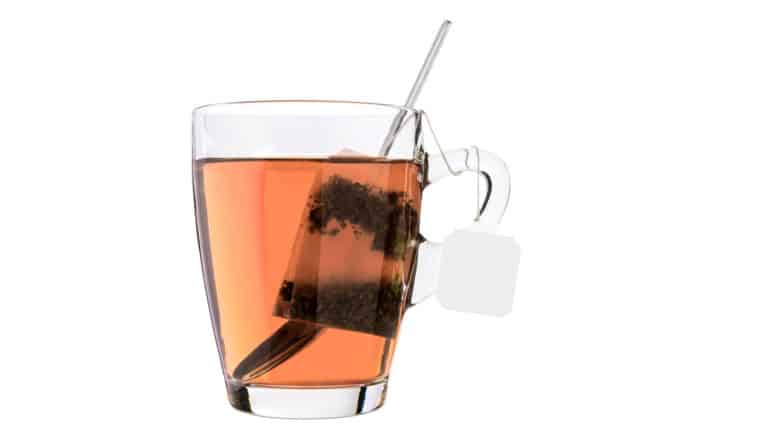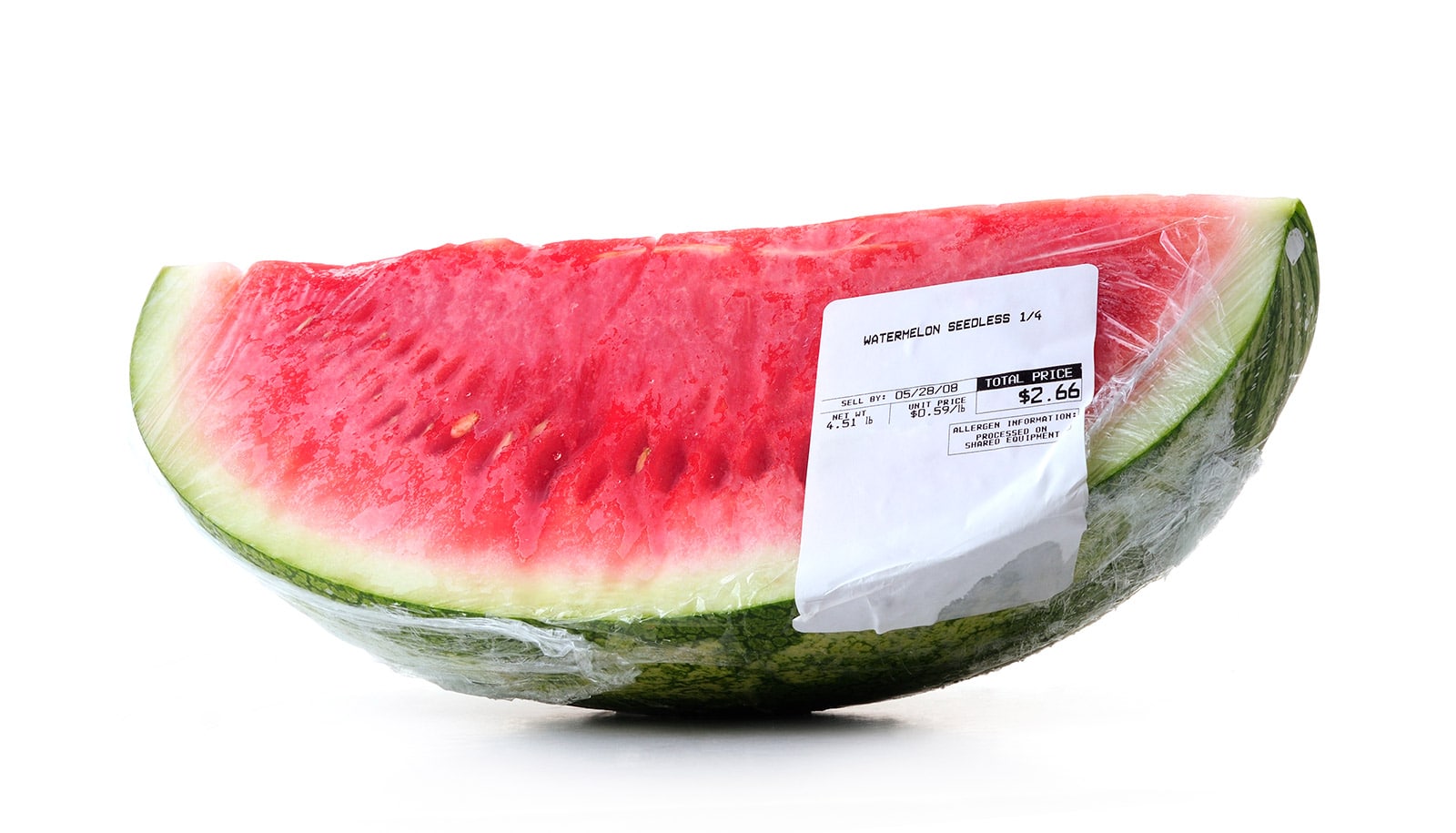
A single plastic teabag at brewing temperature released about 11.6 billion microplastic and 3.1 billion nanoplastic particles into the water. (Credit: Getty Images )
Plastic teabags shed tiny bits into your drink
Newly introduced plastic teabags release tiny bits of plastic into the beverage. Potential health effects of ingesting the particles are unknown.

Plastic teabags shed micro- and nano-size plastic into your drink, research finds.
Because the possible health effects of ingesting the particles are unknown, the work suggests the need for further investigation.
Over time, plastic breaks down into tiny microplastics and even smaller nanoplastics, the latter of which are less than 100 nanometers (nm) in size. For scale, a human hair has a diameter of about 75,000 nm.
While scientists have previously detected microplastics in the environment, tap and bottled waters, and some foods, Nathalie Tufenkji, professor of chemical engineering at McGill University, and colleagues wondered whether recently introduced plastic teabags could be releasing micro- and nanoplastics into beverages during brewing.
In hot water
To conduct their analysis, the researchers purchased four different commercial teas packaged in plastic teabags. The researchers cut open the bags and removed the tea leaves so that they wouldn’t interfere with the analysis. Then, they heated the emptied teabags in water to simulate brewing tea.
Using electron microscopy, the team found that a single plastic teabag at brewing temperature released about 11.6 billion microplastic and 3.1 billion nanoplastic particles into the water. These levels were thousands of times higher than those reported previously in other foods.
Effect on water fleas
The team also explored the effects of the released particles on small aquatic organisms called Daphnia magna, or water fleas, which are model organisms often used in environmental studies.
The researchers treated water fleas with various doses of the micro- and nanoplastics released from the teabags. Although the animals survived, they did show some anatomical and behavioral abnormalities. The first author of the study, PhD student Laura Hernandez, says more research is needed to determine if the plastics could have more subtle or chronic effects on humans.
The study appears in Environmental Science & Technology. Funding for the work came from the Canada Research Chairs Program, the Natural Sciences and Engineering Research Council of Canada, the Canada Foundation for Innovation, and McGill University.
Source: McGill University
The post Plastic teabags shed tiny bits into your drink appeared first on Futurity.
Share this article:
This article uses material from the Futurity article, and is licenced under a CC BY-SA 4.0 International License. Images, videos and audio are available under their respective licenses.
Related Articles:
BPA-like chemical seeps from labels to food
March 16, 2023 • futurity7 questions and answers about Thanksgiving food safety
Nov. 25, 2019 • futurityLinks/images:
- https://www.futurity.org/microplastics-lake-tahoe-2128162/
- https://www.futurity.org/plastics-heavy-metals-987002/
- http://dx.doi.org/10.1021/acs.est.9b02540
- https://mcgill.ca/newsroom/channels/news/some-plastic-your-tea-300919
- https://www.futurity.org/plastic-teabags-microplastics-nanoplastics-2168882-2/
- https://www.futurity.org


